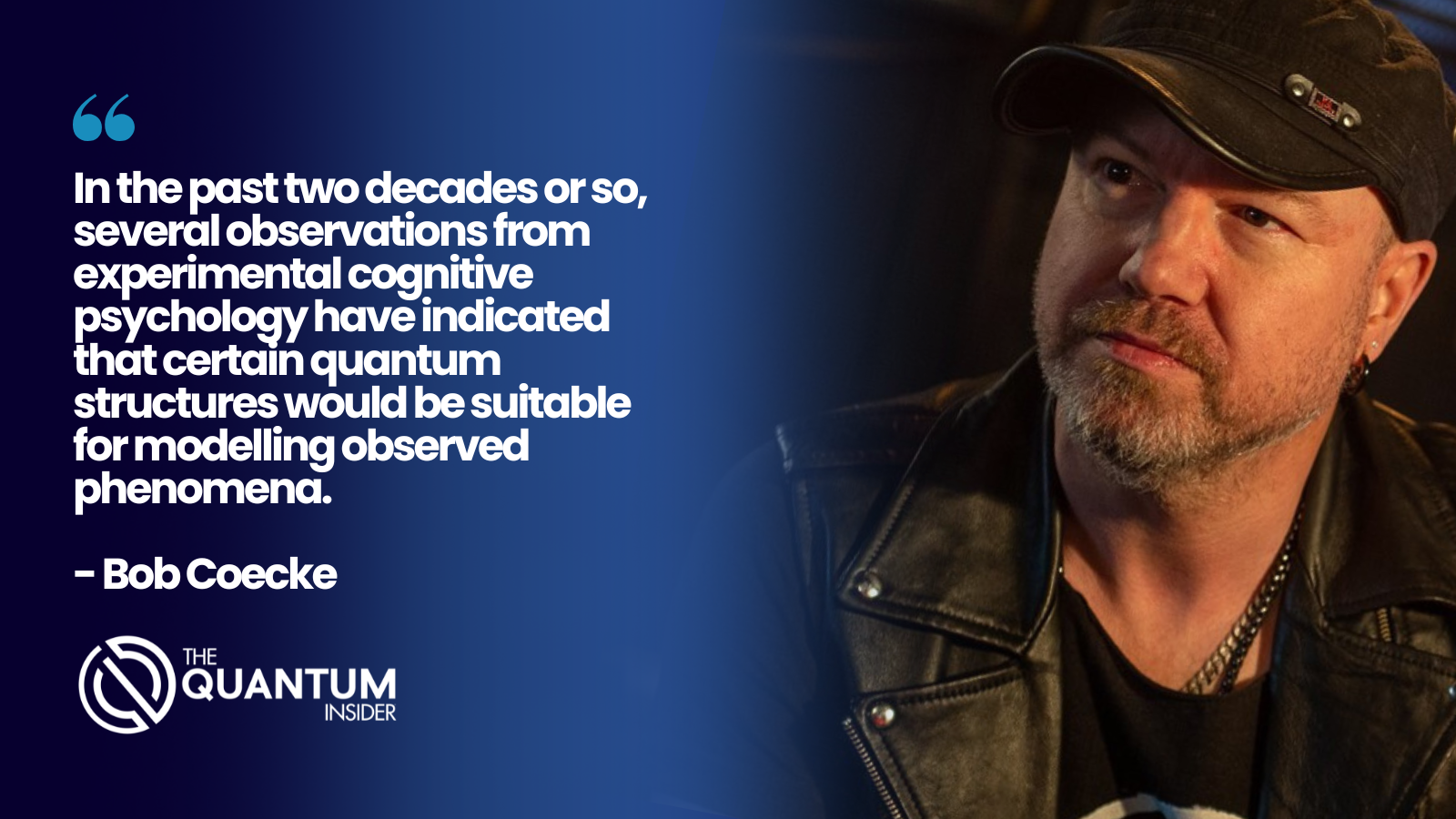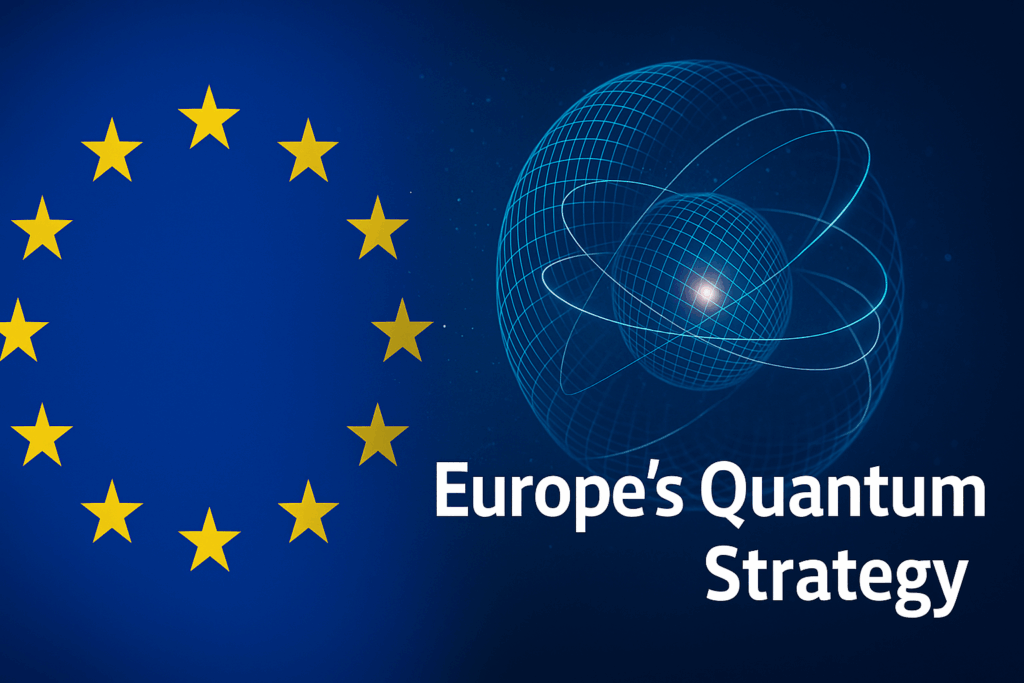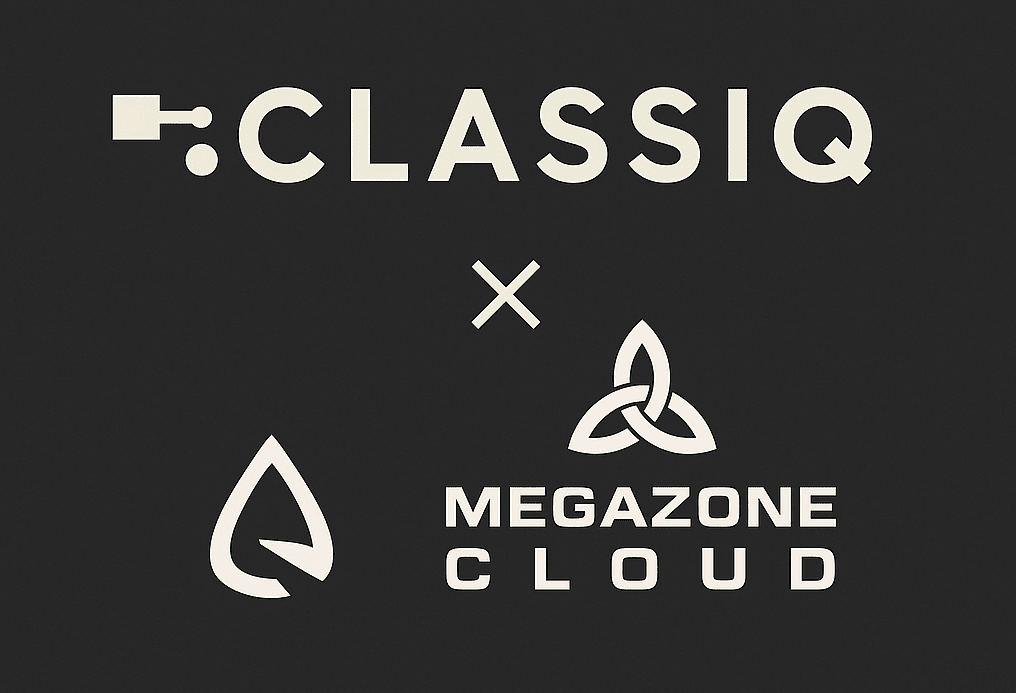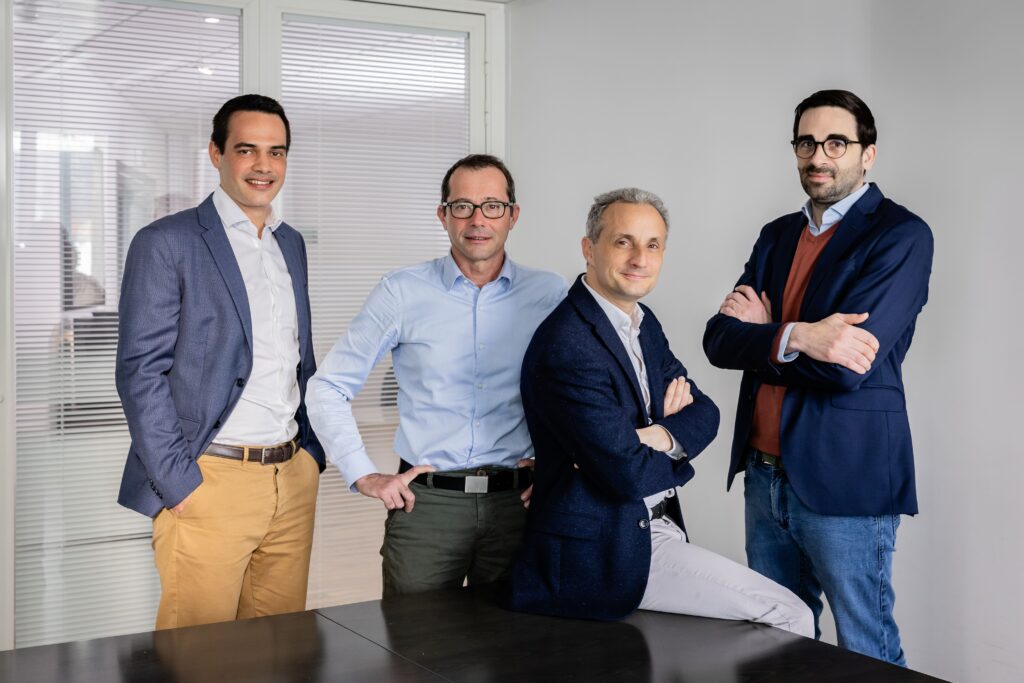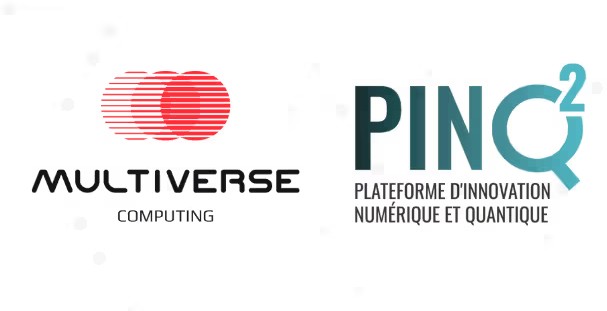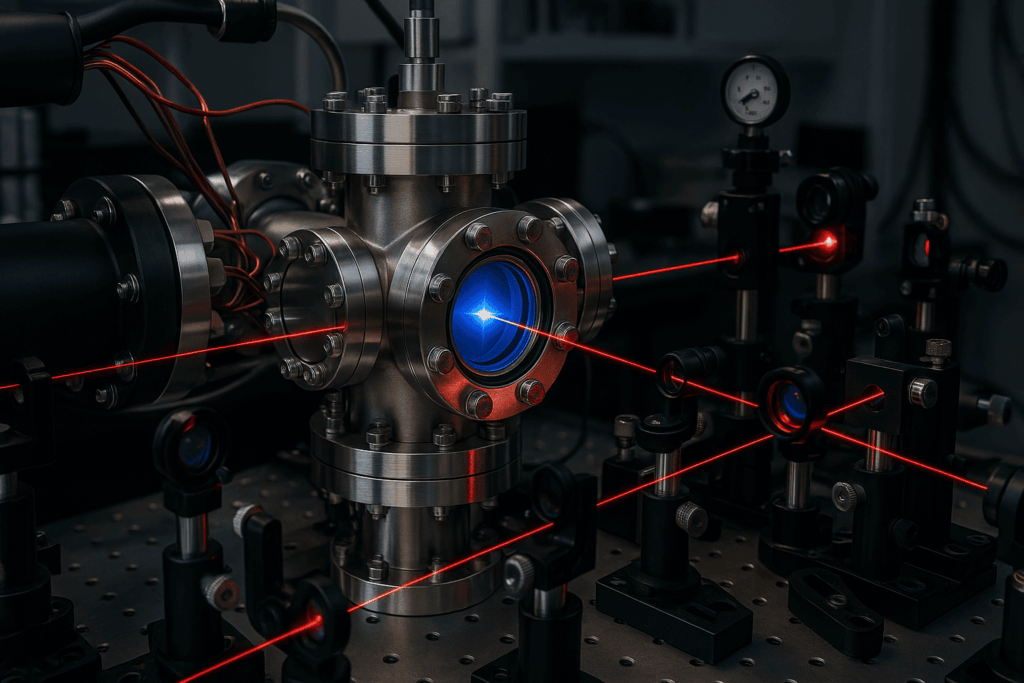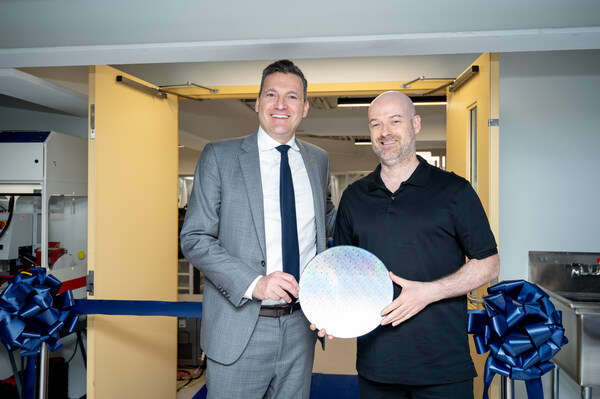Quantinuum and Chubu University in Japan announced an exciting collaboration that will unite two leading minds in quantum physics, quantum computing and human cognition in a project that could lead to advances in both quantum AI. computational linguistics and cognition. The partnership will be Quantinuum’s Chief Scientist Bob Coecke and Chubu University’s Masanao Ozawa, a pioneer in quantum science. The Quantum Insider was able to ask Professor Coecke about the partnership, how it will work and where — hopefully — it will lead.
The Quantum Insider: How did this collaboration come about?
Bob Coecke: Professor Ozawa’s work and that of my work at Oxford University, and now at Quantinuum, overlaps substantially. This is a very natural collaboration.
In the past two decades or so, several observations from experimental cognitive psychology have indicated that certain quantum structures would be suitable for modelling observed phenomena. For example, the order in which questions are asked to individuals typically influences the answers, just like projections in quantum logic. The act of measuring a quantum system affects the system itself, resulting in the collapse of a superposition of states into a single state. Professor Ozawa has done pioneering work in this domain, using quantum instruments to model the question order effect in a more general manner than quantum logic.

Over the same period, my research group and our collaborators initially showed that linguistic structure admits quantum compositional structure, and then that the same structure is applicable to other cognitive modes, such as concept combination and visual perception. For example, we have quantum-like compositional models of how smell, taste, sound, and vision interact. This follows the work of Peter Gardenfors, who models individual spaces as concepts, representing information in a conceptual space built up from geometrical structures.
This also means that cognition itself may natively operate in a quantum-like manner and therefore naturally want to ‘exist’ on a quantum computer.
TQI: Are there any questions in particular your group is looking forward to exploring?
Bob Coecke: We aim to use the framework of process theories (also widely known as categorical quantum mechanics, or quantum picturalism) to bring these two observations together under one umbrella. We expect this to lead to a much more human-like form of AI that not only provides utility but is also interpretable in a fundamental sense – compared to the opaque nature of the current “black box” methods widely used in AI, and at the heart of current systems such as the currently dominant large language models (LLMs). The approach that we will explore potentially has a number of upsides compared to current LLM-driven AI: (1) interpretability, which entails predictability as well as accountability, (2) human-likeness, which comes with a much clearer ability to reason, (3) line of sight to quantum-advantage.
Besides AI applications, particular questions we plan to explore include:
- Determining the closeness of observed phenomena to quantum theory, as well as whether these phenomena resemble other theories that share communalities with quantum theory.
- Looking for quantum advantage from simulating cognitive processes by using a quantum computer.
- Developing a comprehensive compositional model for human cognition.
TQI: How do you envision the trajectory of this multi-year project?
Bob Coecke: The project will be pursued in close interaction with other work in our Quantinuum team, including QNLP and the circuit representation of language, space, vision and other cognitive concepts.
TQI: What else excites you about this project?
Bob Coecke: It’s an immense pleasure to collaborate with Professor Ozawa who is a legend in mathematical physics.
TQI: How will the latest generation of quantum computers and access to Quantinuum’s resources help in this endeavor?
Bob Coecke: The Quantinuum hardware seems particularly suitable for QNLP, and by extension also for the work that we will be doing here. This is because circuit depth in particular is needed, and Quantinuum’s trapped ion quantum computer has the largest circuit depth available of any device in terms of quantum volume.
For more market insights, check out our latest quantum computing news here.

